Language Does Not Lie (2004)
Género : Documental, Historia
Tiempo de ejecución : 1H 19M
Director : Stan Neumann
Sinopsis
Victor Klemperer (1881-1960), a professor of literature in Dresden, was Jewish; through the efforts of his wife, he survived the war. From 1933 when Hitler came to power to the war's end, he kept a journal paying attention to the Nazis' use of words. This film takes the end of 1945 as its vantage point, with a narrator looking back as if Klemperer reads from his journal. He examines the use of simple words like "folk," "eternal," and "to live." Interspersed are personal photographs, newsreel footage of Reich leaders and of life in Germany then, and a few other narrative devices. Although he's dispassionate, Klemperer's fear and dread resonate

Dinamarca /// El ex-militar danés Lars y Jimmy son enviados juntos durante el entrenamiento de un grupo neo-nazi. Pasando de la hostilidad a través de la admiración a la amistad y por último la pasión, los acontecimientos toman un giro mucho más oscuro cuando su relación ilícita es descubierta.

A Japanese man and a gay bar-owner in Hong Kong drink beer as they talk about their childhood and experiences.

The Universal Language is a new documentary from Academy Award-nominated director Sam Green (The Weather Underground). This 30-minute film traces the history of Esperanto, an artificial language that was created in the late 1800s by a Polish eye doctor who believed that if everyone in the world spoke a common tongue, humanity could overcome racism and war. Fittingly, the word “Esperanto” means “one who hopes.” During the early 20th century, hundreds of thousands of people around the world spoke Esperanto and believed in its ideals. Today, surprisingly, a vibrant Esperanto movement still exists. In this first-ever documentary about Esperanto, Green creates a portrait of the language and those who speak it today that is at once humorous, poignant, stirring, and ultimately hopeful.
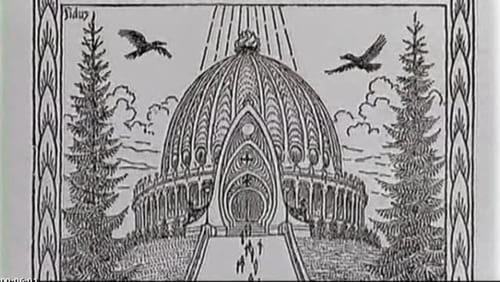
A historical analysis of how groups such as the Nazi’s may use language, symbols, and religious connotation in order to come to power. It raises questions that deserve in depth analysis and consideration. Questions include: Where do legends expand our thinking and where do they bury it? When does spiritual pursuit suddenly turn into fanaticism and violence? Last, have we as a society learned from our past, and if so have forgotten the lessons of the 20th Century? Are we now embarking on a new level only to learn the same old lessons about humanity again? In addressing these questions we are taken into the back drop of the history of Germany beginning in the late 1800’s through the late 20th Century at the eve of the 21st. “A society that does not take archetypes, myths, and symbols seriously will possibly be jumped by them from behind.”

Escaped Nazi POWs hold the denizens of a California resort hostage.

Stories of 12 gay and lesbian survivors of Nazism and the Holocaust.

Un documental dividido en dos partes que narra la historia del fascismo italiano, desde su inicio hasta su desastroso final. Cuenta con imágenes de archivos en color, entrevistas y recreaciones históricas.

Steven, a pupil in a special-needs class, learns that his school has won a trip to Alcabideche, Portugal. He is overjoyed to get the chance to finally see his homeland. Once there, he decides to conduct his own holidays...
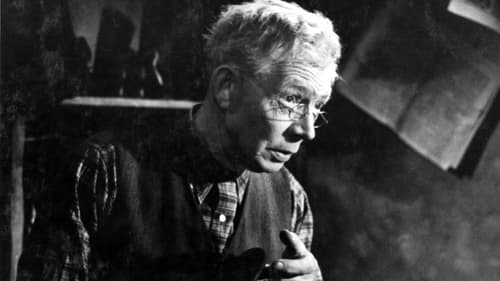
Hamburg, Germany 1934: An executioner is needed. Teetjen makes the biggest mistake of his life. Because his butcher shop is facing bankruptcy, he agrees to execute a group of political prisoners for the Nazis. Once this becomes known, Teetjen’s life falls apart.
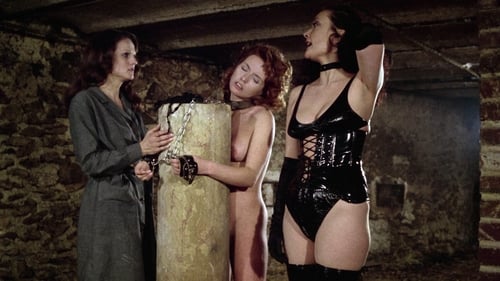
Una hermosa médica estadounidense, prisionera en un campo de concentración nazi, usa sus conocimientos para salvarle la vida a un oficial de las SS, que se enamora de ella. Sin embargo, una sádica oficial que la considera su esclava, no duda en hacer uso de la fusta para azotarla y atormentarla, a ella y a otras prisioneras.
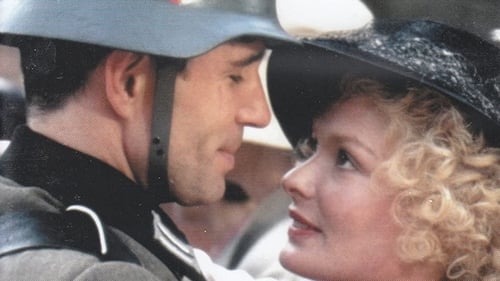
Dos hermanos descubren lo más oscuro del nazismo tras alistarse en la SS y las SA. (FILMAFFINITY)

Una joven siente una presencia extraña en la habitación de un hotel en Berlín, donde reside junto a su padre, a quien llevaba muchos años sin ver.
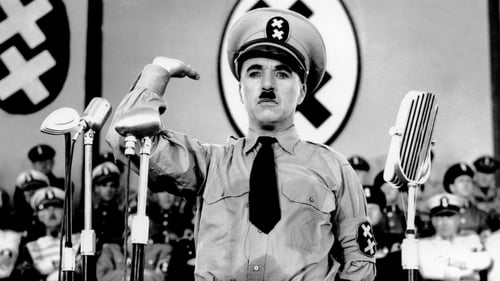
A look at the parallel lives of Charlie Chaplin and Adolf Hitler and how they crossed with the creation of the film “The Great Dictator,” released in 1940.

Nazi is a short film by underground film-maker and photographer Richard Kern, featuring Annabelle Lee. This movie came from his Death Trip collection.
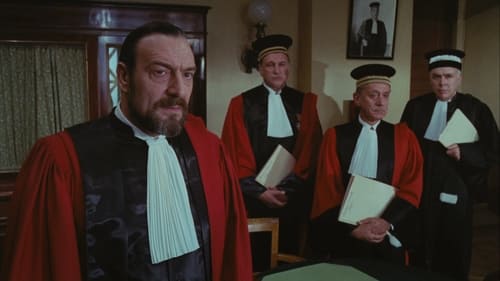
Agosto de 1941. El gobierno de Vichy ha creado una Sección Especial cuyo objetivo es la ejecución de chivos expiatorios para aplacar la ira de los nazis cuando algún oficial alemán es asesinado por la Resistencia. Las víctimas, cuatro comunistas y dos judíos elegidos aleatoriamente, serán juzgados por un tribunal corrompido. Mientras que un joven magistrado intenta hacer valer sus influencias políticas para conseguir el indulto, uno de los procesados, periodista de L’Humanitè, denuncia públicamente al tribunal por su sumisión a las fuerzas de ocupación. (FILMAFFINITY)

The plot is based on the dramatic fate of the Red Army commander Aleksei Ivanovich Pavlov. Having been captured in January 1942 and being among the displaced persons, he didn't immediately decide to return to the USSR. Having rolled around the foreign country for 17 years, Aleksei nevertheless returned to his homeland. He goes to his brother in the south of the country to Sevastopol. Aleksei accidentally meets the doctor Anna Andreyevna, who was saved from death in besieged Leningrad. She travels by car from Moscow and also to the south, with her daughter Tanya; she suggests he join them. Aleksei tells about his life on the road.
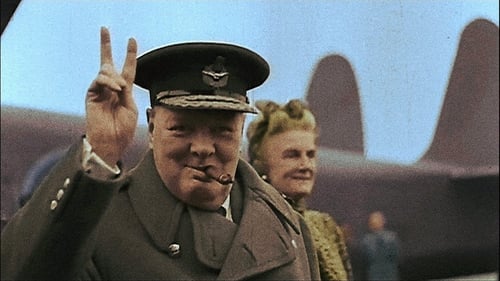
A new look at the public and private life of one of the most important statesmen in the history of Europe: Winston Churchill (1874-1965), soldier, politician, writer, painter, leader of his country in the darkest hours, winner of the Nobel Prize in Literature, a myth, a giant of the 20th century.

Dos hermanos que no podrían haber sido más diferentes. El mayor, Hermann Göring (1893-1946), fue un miembro prominente del régimen nazi, jefe de la Fuerza Aérea Alemana y un criminal de guerra. El más joven, Albert Göring (1895-1966), se opuso a la tiranía y fue perseguido, pero hoy sigue siendo injustamente olvidado, aunque salvó muchas vidas mientras su hermano y sus cómplices asolaban Europa.

A documentary about the conquest of Czechoslovakia by the Nazis just prior to World War 2.

The story of the New York accent, as told by New Yorkers.














